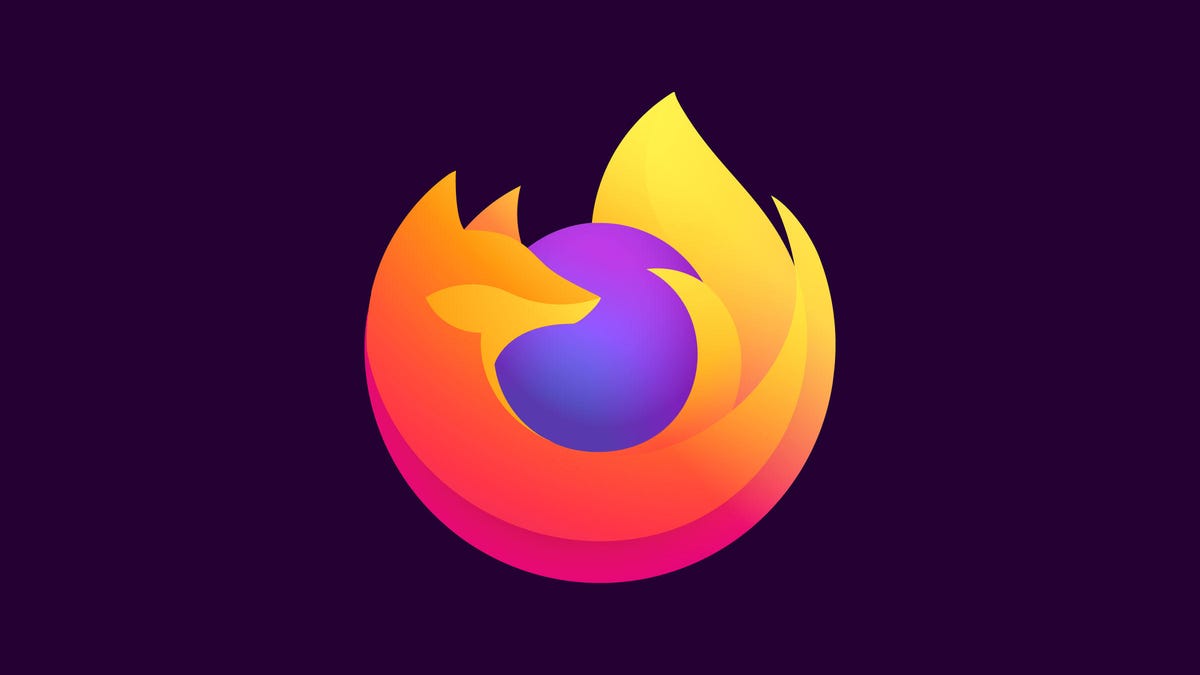$5 monthly Firefox subscription gets you ad-free news with startup Scroll
The service works on USA Today, the Atlantic, BuzzFeed, Vox, the Onion and other sites.

Firefox users in the US will be able to read news on many websites with no ads for $5 a month -- or just $2.50 a month in a promotion for the first six months -- through a deal with startup Scroll.
Mozilla announced the Scroll partnership Tuesday. It'll be available through Mozilla's Firefox test pilot program, which lets people try experimental features, and it's called Firefox Better Web. Once you've subscribed, it works in any browser, but Mozilla argues that Firefox's new privacy protections make it a better alternative in general.
The service is part of Mozilla's effort to find new sources of revenue to fund its mission to improve the web and empower those using it. One earlier test, for VPN access designed to make network use more private, graduated to become a Firefox feature. These paid programs can help Mozilla reduce its reliance on its revenue-sharing deal with Google for supplying search traffic alongside which it shows ads.
Scroll offers subscribers ad-free access to USA Today, the Atlantic, BuzzFeed, Vox, Business Insider, the Onion and other news sites. Mozilla's price is the same as what Scroll offers directly, including the promotional rate for the first six months.
The deal is emblematic of attempts to preserve what's good about online news despite increasing concern about the ad technology that often supports them. Ads can slow down websites, inject privacy-invading trackers into your browser, shorten battery life and clutter news sites. And privacy laws like Europe's General Data Protection Regulation and the California Consumer Privacy Act have imposed rules that make common online advertising practices harder.
Newspapers and other online publications often keep some or all of their work behind paywalls so only subscribers can see it. One drawback of that approach is that it can keep away readers who might only want occasional articles. People might not want to subscribe to multiple publications, too.
Scroll's approach is something of a balance -- a subscription that works at multiple sites, many of them not behind a paywall but supported by ads.
"In early tests we've found that sites make at least 40% more money than they would have made from showing you ads," Mozilla said of the Scroll subscription payments.
Another company with a related idea is Brave, whose browser blocks conventional ads by default. If you opt into Brave's own ad system, though, you'll see its privacy-first ads as notifications outside the browser, and that system is set up to send payments back to websites you visit. Brave also is working on partnerships with publishers who'll be able to display ads on their sites.

